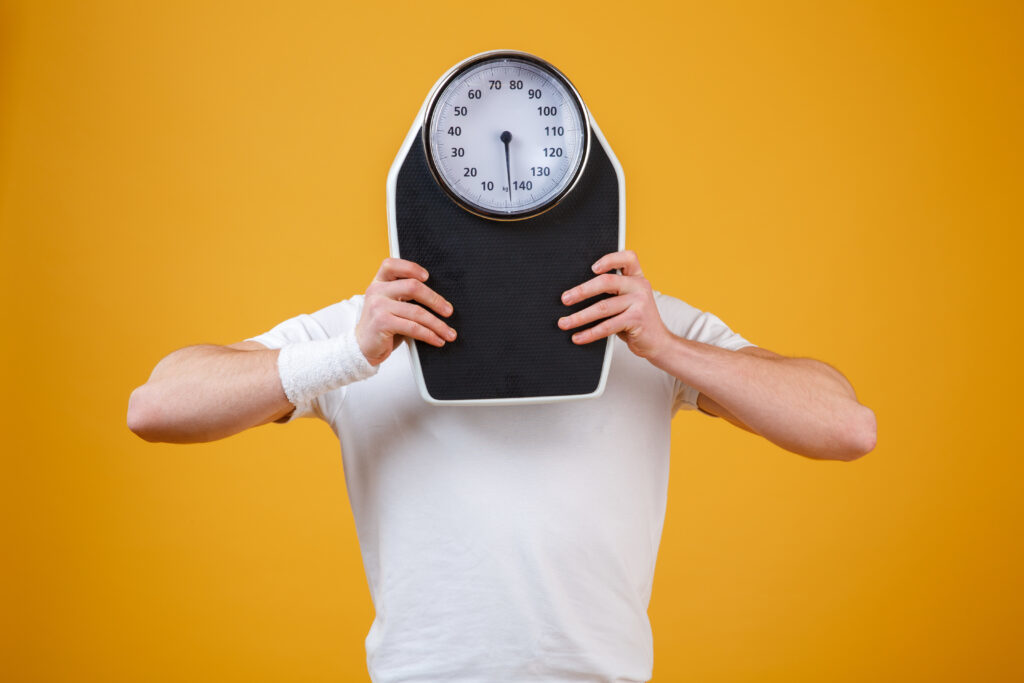The average adult living in the U.S. gains around two pounds a year. That doesn’t sound like much, but add it all up over a lifetime, and it’s a serious amount of weight. There’s a big difference between weighing 160 pounds at age 20 and 240 pounds at age 60. Couple that with this past Holiday season, and our willpower can get pushed to the maximum when trying to avoid additional weight gain.
The American Psychological Association reported 42 percent of U.S. adults experienced unwanted weight gain since the start of the pandemic. The average weight gain for many adults over the past year is 20+ pounds! Weight gain and obesity are a big problem in our society, but what’s the culprit? Surely, we can’t all be mindless gluttons, stuffing our faces at every opportunity over a weekend brunch. Something else must be going on here.
Your Family
It turns out that there is. Not only does the modern diet bypass our natural satiety mechanisms, but it also contains a variety of features that conspire to drive up bodyweight. Some of the time it’s not your fault you’re gaining weight. You just don’t know what is fattening, and what isn’t.
To give you an indication of just how obscure the causes of weight gain can be, consider this: obesity might be “infectious.” Evidence suggests that people living close to each other have similar gut flora. Gut flora plays a significant role in how much we weigh. Those with healthy microbes living in their colons tend to have a lower bodyweight than those who don’t.
One of the characteristics of obesity is something called microbial dysbiosis. This dysbiosis leads to a bunch of metabolic problems which can ultimately lead to weight gain. But that’s not the weird part. The strange part is that you can “catch” these bugs from the people you’re in close contact with. So if your parents are obese, then there’s a higher chance that you will be too because of what’s happening in your colon. Gross, but true.
Your Unconscious
According to various weight loss specialists, your unconscious can play a significant role in weight gain. The psyche is a powerful machine. It directs practically every process in your body and has room left over to hallucinate new realities while you sleep. It’s the perennial elephant in the room, informing the decisions of your conscious mind.
You program your unconscious from an early age regarding food, soon developing habits that become hard-wired. There’s no genuine biological reason for people to eat breakfast, lunch and dinner every day and yet that’s what we do. It’s a product of our early experience and something that becomes a part of our lives. Other unconscious food habits include reaching for a bag of chips when we feel down or eating more when we are alone. Your unconscious, therefore, could play a significant role in your weight gain. It could be the force driving your behavior, and you’re utterly oblivious.
With that said, the majority of weight gain people experience results from genuine ignorance. Food manufacturers pump their products full of added sugar and other things that help to extend shelf life, but which make it less healthful for us. It’s a horrible compromise, and we’re all caught up in the middle. But remember, even small changes in food habits can make a big difference to your weight over time.
Stay Strong Together
Jefit app has been named best strength training app for 2024 by PC Magazine, Forbes and Garage Gym Reviews. The app comes equipped with an advanced customizable workout planner and training log. The app has ability to track data, offer audio cues, and features to share workouts with friends. Take advantage of Jefit’s exercise database for your strength workouts. Visit our members-only Facebook group. Connect with like-minded people, share tips, and advice to help get closer to reaching your fitness goals.
- Whey vs. Casein: What’s the Best Protein for Building Muscle - April 18, 2025
- Four Popular Jefit Chest Exercises Backed by Science - April 16, 2025
- 4 Must-Have Exercises Backed by Science for a Full-Body Workout - April 14, 2025
